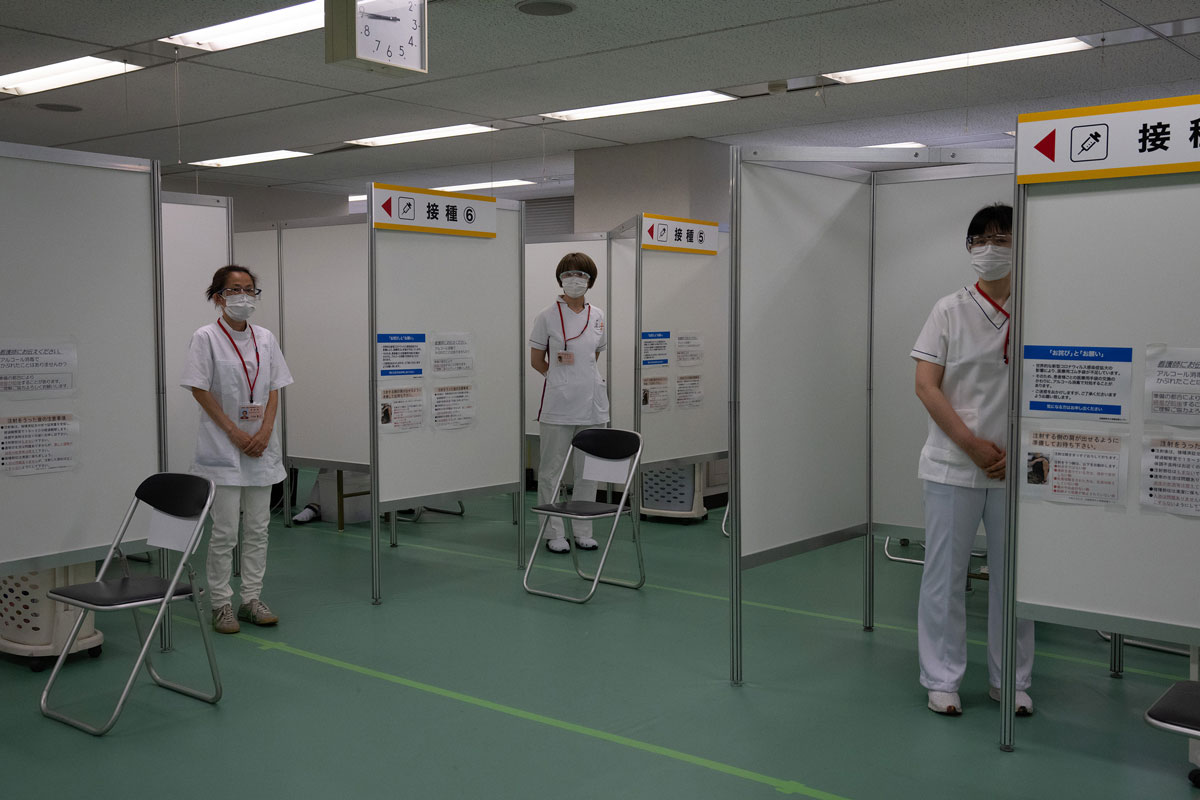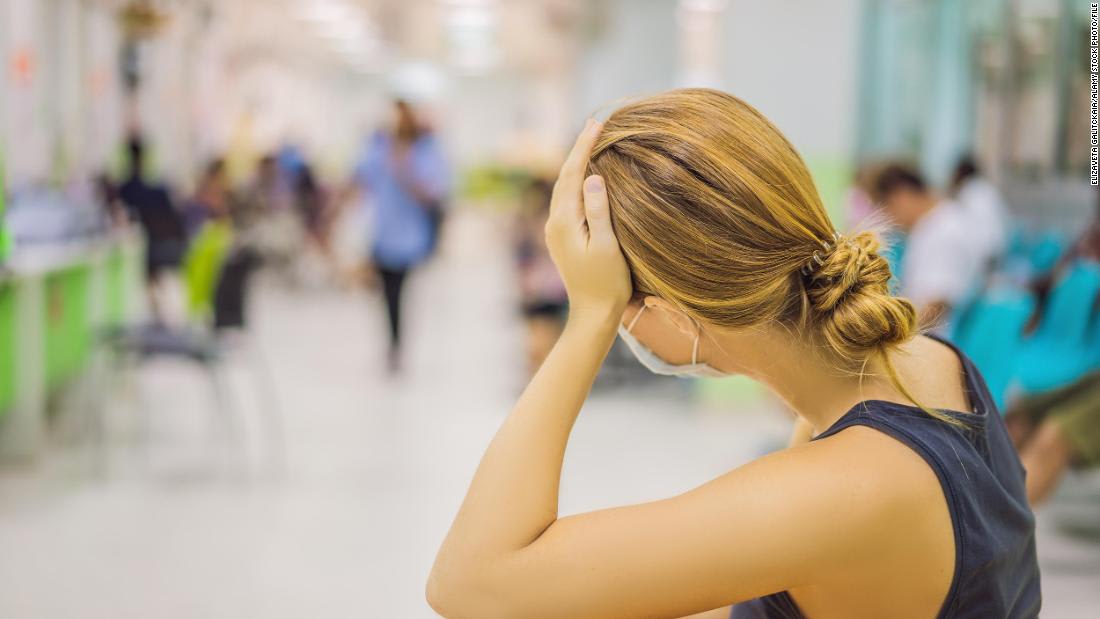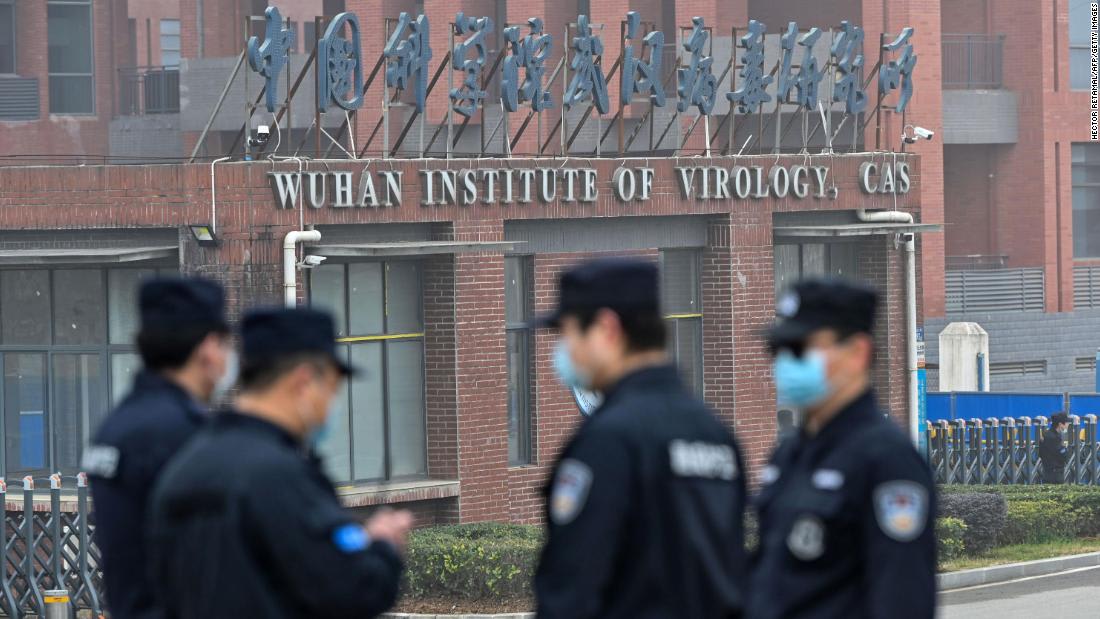
Japan has opened large-scale Covid-19 vaccination centers in Tokyo and Osaka with hopes to speed up its inoculation rollout.
The government said it aims to vaccinate up to 15,000 people per day. But on Monday, just 5,000 people were scheduled to receive shots at the Tokyo site and 2,500 at the Osaka facility.
The venues were set up by the central government and will administer Moderna's Covid-19 vaccine.
About 180 doctors and nurses from the Japanese Self-Defense Forces will work at the Tokyo site and 100 doctors and nurses will staff the Osaka venue.
Online reservations opened last week for people aged 65 and older in Tokyo and Osaka.
Senior citizens in the neighboring prefectures of Chiba, Saitama and Kanagawa, as well as Kyoto and Hyogo, can book from next Monday.
Fewer than 2% of Japan's 126 million population has been fully vaccinated against Covid-19, according to data compiled by CNN.




